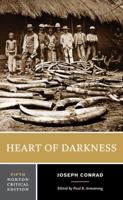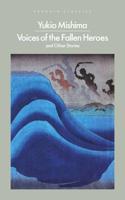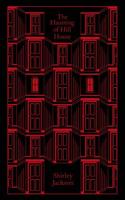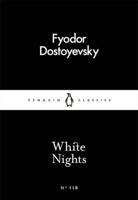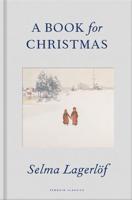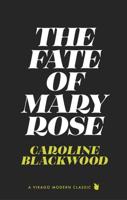Publisher's Synopsis
Our encounter with Marlow's life-changing journey begins on the Thames in London, the great imperial capital, with his recollection of "the uttermost ends of the Earth." With brilliant economy, Conrad transports him to Congo on a quest that the writer himself undertook as a young man. There, working for the shadowy, but all-powerful "Company," Marlow hears of Mr Kurtz, who is described as a first-class Company servant. Once in the dark continent, Marlow is sent upriver to make contact with Kurtz, who is said to be very ill, and also to safeguard the security of the Inner Station. What he finds, after a gruelling journey to the interior, is a fellow European, who may or may not have gone mad, and who is worshipped as a god by the natives of the primitive interior. Kurtz, however, has paid a terrible price for his mastery. When Marlow finds him on his deathbed, he utters the famous and enigmatic last words: "The horror! The horror!" This line is often said to refer to the atrocities Conrad himself witnessed in Congo as it suffered under the colonial administration of the Belgians. He himself is said to have remarked that his story was based on "experience, pushed a little (and only very little) beyond the actual facts of the case." The metaphorical force of the story and the indifferent contempt of the African who announces "Mistah Kurtz - He dead" (brilliantly expropriated by TS Eliot) gives Heart of Darkness the most modern air of all the books that make up the movement called Modernism. Welcome to the 20th century, possibly English and American fiction's golden age.

